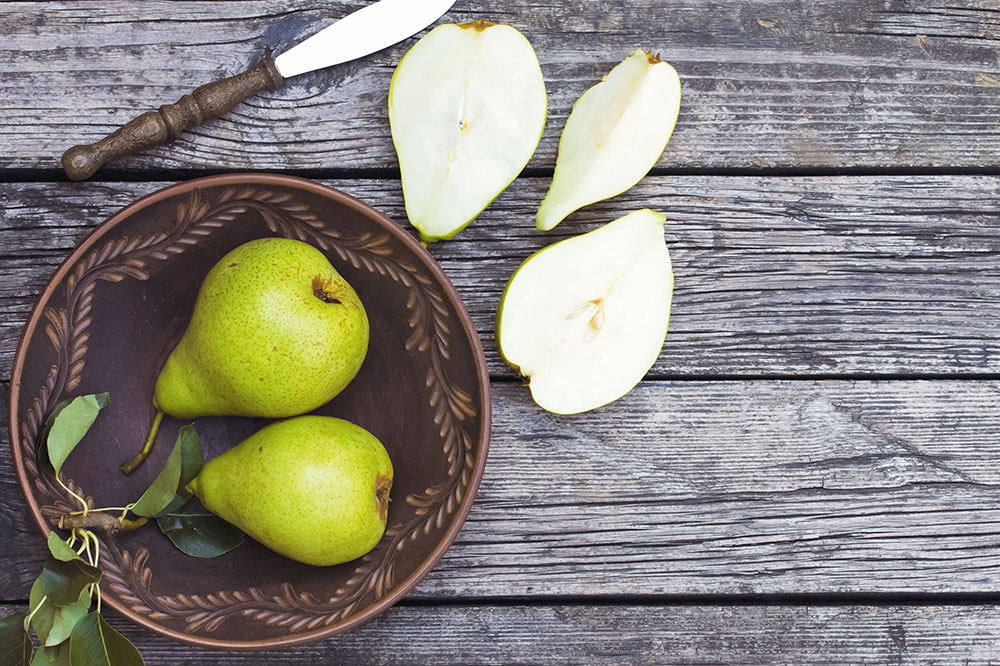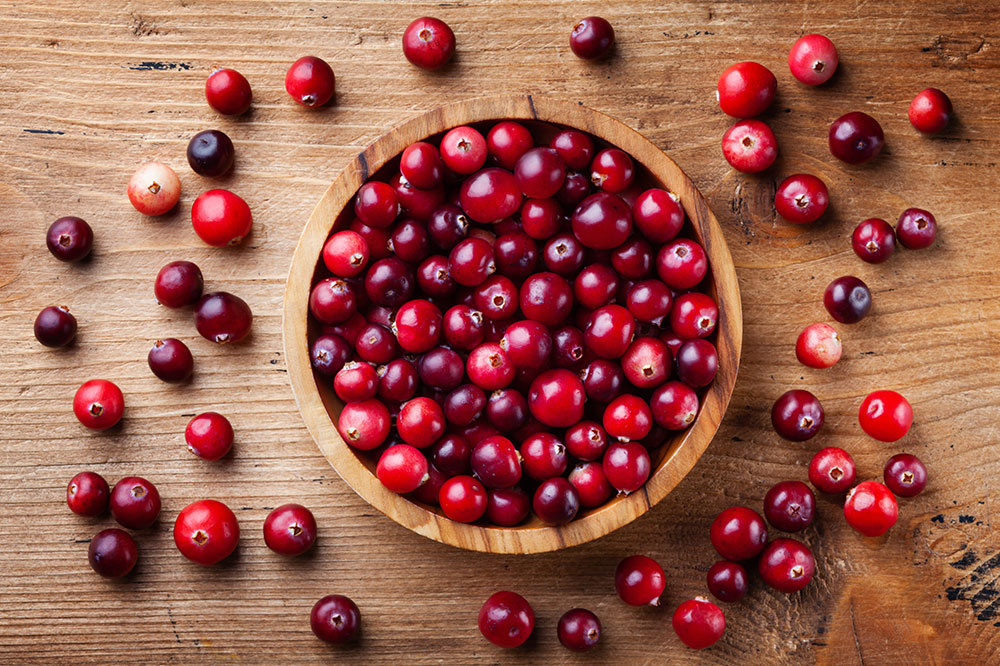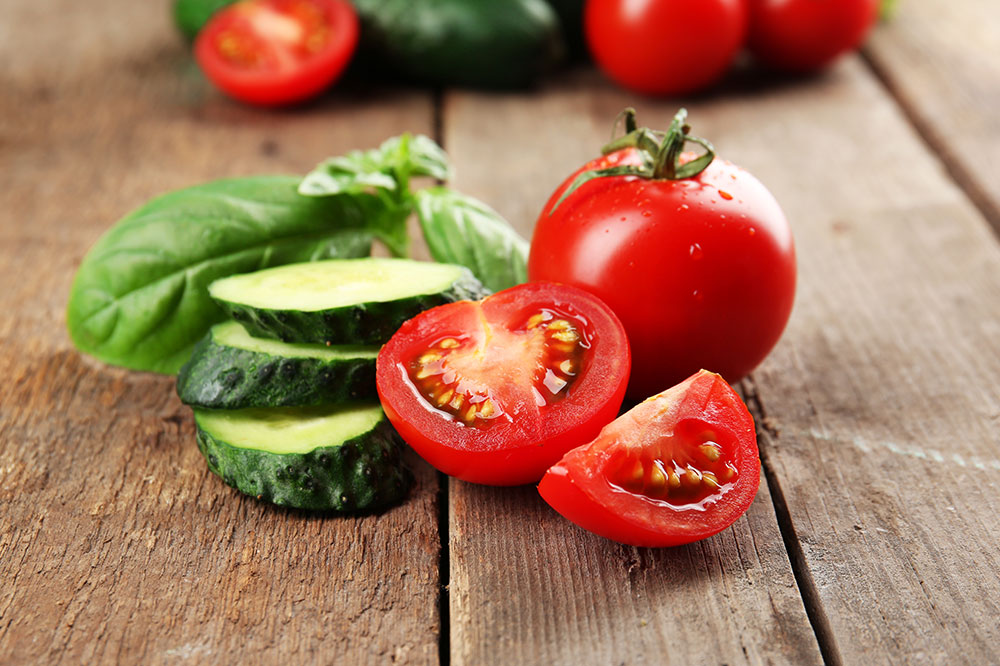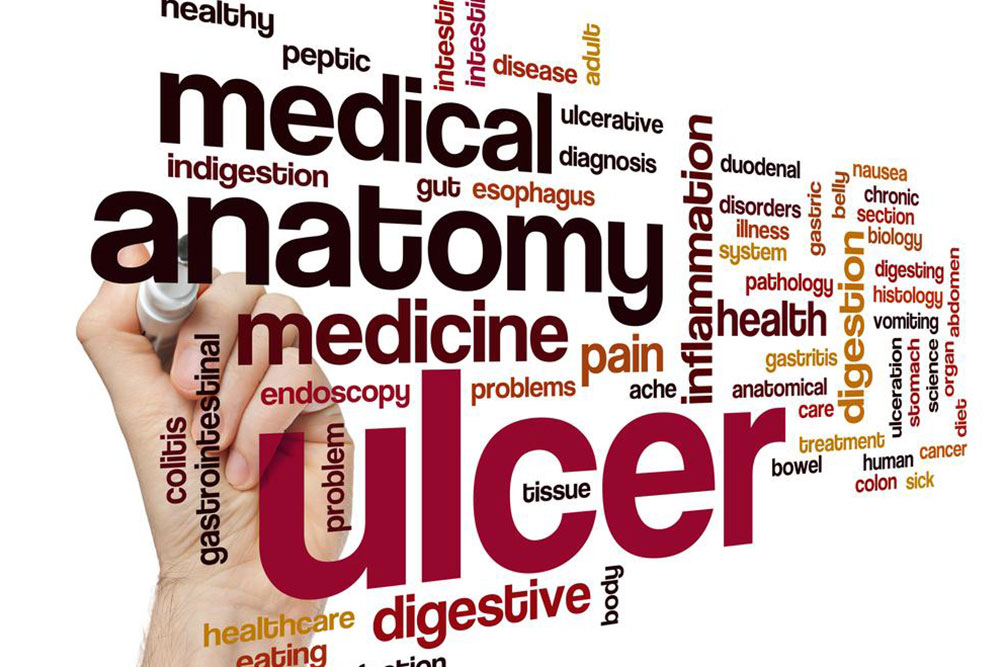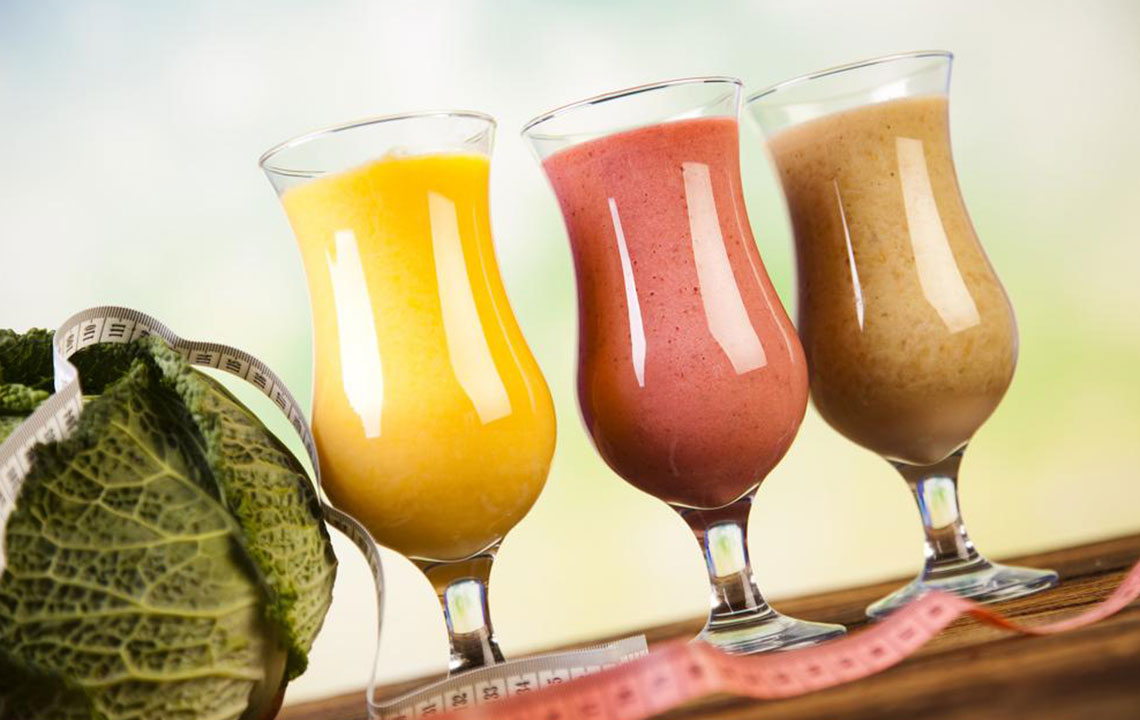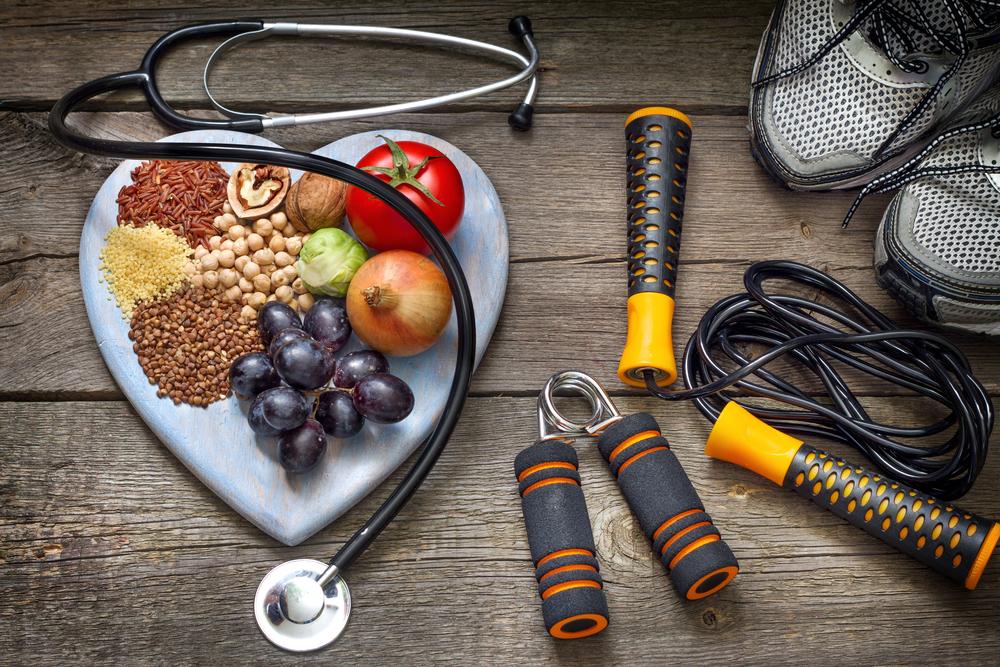Comprehensive Guide to Improving Bladder Health: Diet and Treatment Strategies
This comprehensive guide examines how diet and medical options influence bladder health. It emphasizes reducing caffeine, alcohol, spicy foods, and artificial sweeteners, while exploring medications like Myrbetriq® and Vibegron that can help manage symptoms. Combining dietary adjustments with medical treatments offers an effective approach to preventing and controlling bladder problems, improving quality of life for millions affected by bladder issues.
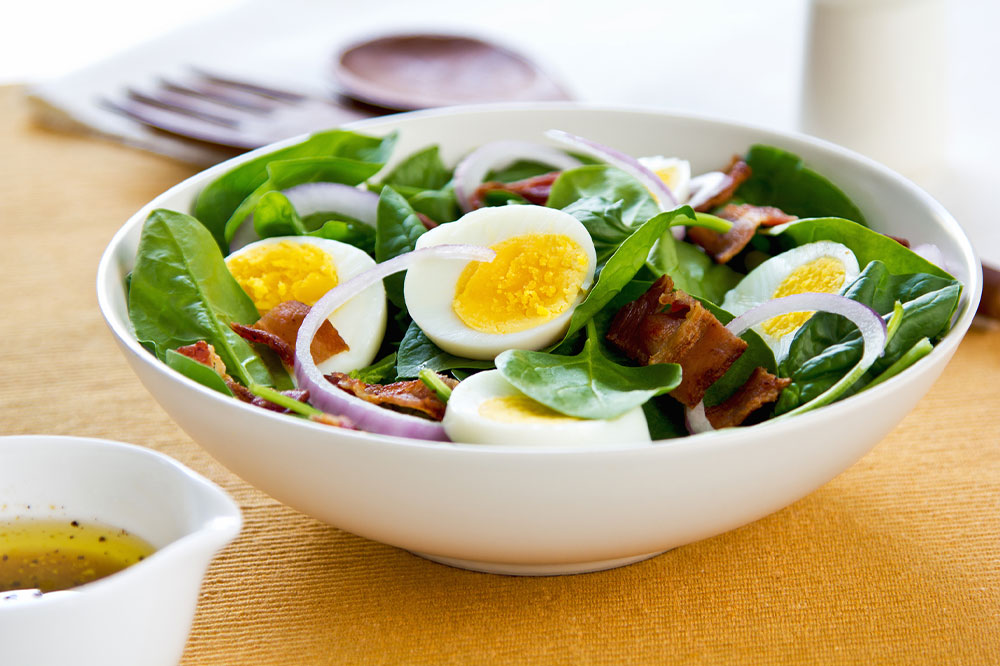
Comprehensive Guide to Improving Bladder Health: Diet and Treatment Strategies
Maintaining optimal bladder health is a cornerstone of overall well-being and quality of life. The bladder, a vital organ within the urinary system, plays a crucial role in storing and expelling urine. Problems related to bladder function—such as frequent urges to urinate, involuntary leakage, or urinary urgency—can significantly affect daily routines and emotional health. Understanding how diet and medical interventions influence bladder health empowers individuals to make informed choices, manage symptoms effectively, and improve their quality of life. This detailed guide explores the key dietary factors affecting bladder health, offers practical tips, and discusses available medical treatments designed to alleviate bladder issues.
Research indicates that bladder control problems are surprisingly common, affecting more than 30% of women worldwide. Incontinence and other bladder dysfunctions can stem from various causes, including aging, nerve damage, hormonal changes, obesity, and certain medical conditions. While medications and surgical procedures are often considered for treatment, dietary modifications can serve as an effective first-line approach or complement existing therapies. This comprehensive overview will help you understand which foods to limit or avoid, introduce you to supportive medical options, and provide lifestyle tips to promote healthier bladder function.
Foods and Substances to Limit or Avoid for Better Bladder Health
Caffeinated Beverages
Coffee, tea, caffeinated soft drinks, energy drinks, and certain sodas contain caffeine, a natural stimulant that acts as a diuretic. Diuretics increase urine production, which can lead to frequent urination and urgency, especially in individuals with bladder sensitivity or existing issues. Caffeine also irritates the bladder lining, exacerbating symptoms like leaking and discomfort. Reducing caffeine intake can significantly improve bladder control, especially for those sensitive to its effects.
Alcohol
Similar to caffeine, alcohol has diuretic properties that lead to increased urine production and bladder pressure. Excessive drinking can impair the brain's ability to signal bladder fullness, resulting in urgency or incontinence. Reducing alcohol consumption—particularly before bedtime or during outings—can lessen bladder strain and improve control. Light alcohol intake may be tolerated by some, but moderation remains key for maintaining bladder health.
Spicy Foods
Spicy dishes including chili peppers, hot sauces, horseradish, and peppers can irritate the delicate lining of the bladder. This irritation results in increased urgency and frequency of urination. Spicy foods can also stimulate higher fluid intake, further stressing the bladder and potentially worsening symptoms. Individuals experiencing bladder sensitivity should consider limiting spicy foods and opting for milder flavor profiles to protect bladder health.
Artificial Sweeteners
Artificial sweeteners such as aspartame, saccharin, and sucralose are commonly used in diet sodas, sugar-free gum, and low-calorie snacks. For some individuals, these synthetic additives can cause bladder muscle hyperactivity, leading to increased urgency, frequent trips to the bathroom, and a higher risk of urinary tract infections (UTIs). Especially in women, avoiding artificial sweeteners may reduce irritation and help maintain a healthier bladder.
Medical Treatment Options for Bladder Dysfunction
When dietary modifications are inadequate in controlling bladder symptoms, medical interventions may be necessary. Several medications have been developed to manage conditions like overactive bladder (OAB) and urge incontinence. One such medication is Myrbetriq® (mirabegron), which helps relax the bladder muscles, thereby increasing its storage capacity and reducing the urgency to urinate. It is available in 25mg and 50mg dosages, with the optimal dose determined based on individual symptom severity and response to treatment.
Another promising option is Vibegron, a beta-3 adrenergic agonist that works by preventing involuntary bladder muscle contractions. This medication helps alleviate symptoms such as urgency, frequency, and leakage, offering a better quality of life for patients suffering from bladder control issues. Together with lifestyle modifications—such as bladder training, pelvic floor exercises, and fluid management—these medications can significantly improve bladder health.
In addition to pharmacotherapy, other medical strategies include nerve stimulation therapies, bladder training programs, and surgical interventions in severe cases. Consulting with a healthcare professional specializing in urology is essential to create a personalized treatment plan tailored to your specific condition.
In summary, managing bladder health involves a combination of dietary vigilance, medical treatment, and lifestyle adjustments. Awareness of foods that irritate the bladder, along with appropriate medical management, can greatly enhance comfort and control. Prioritize a balanced diet, stay hydrated with non-irritant fluids, and seek medical advice if symptoms persist for effective long-term management of bladder conditions.
